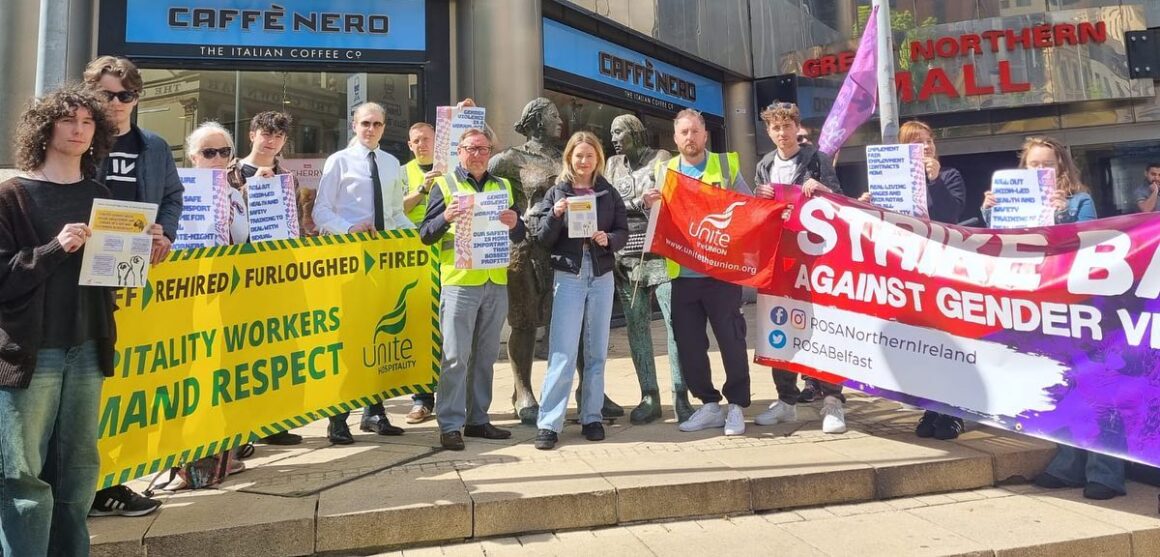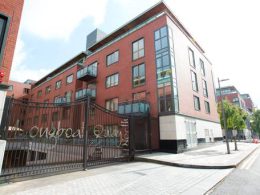By Saana Taussi, Hospitality worker
A recent survey by Unite showed that 90% of hospitality workers experience sexual harassment during work. To workers in hospitality, this hardly comes as a surprise, as the industry is notorious for poor working conditions. The prevalence of zero-hour contracts makes hospitality jobs extremely precarious and can make workers hesitant to report harassment. This especially applies to women workers who do the majority of temporary and part-time work. Low wages force workers to put up with harassment from customers to avoid losing their tips. Those attending hospitality venues are not safe either – sexual harassment in nightclubs was at a six-year high in 2022, and after the pandemic restrictions were eased, one in nine women on a night out was spiked.
Unite Hospitality and Rosa have drawn together a charter against sexual harassment which puts demands on employers to ensure the safety of workers and customers. This includes having effective procedures for when harassment is reported, accessible pathways for reporting, and better training for staff. Additionally, in order to tackle sexual harassment, workers need better working conditions that will not leave them vulnerable and powerless in the day-to-day. This means higher pay, stable employment contracts, fair rotas and trade union recognition.
The prevalence of sexual harassment and the general precarity of the hospitality industry are not isolated phenomena. The profit motive drives bosses; not the welfare of employees, and therefore businesses suppress pay & cut hours in order to increase the bottom line.. Workers in the industry must get organised. Asking the bosses to play nice will never be enough; only collective action will win higher pay, secure contracts and safer workplaces.












